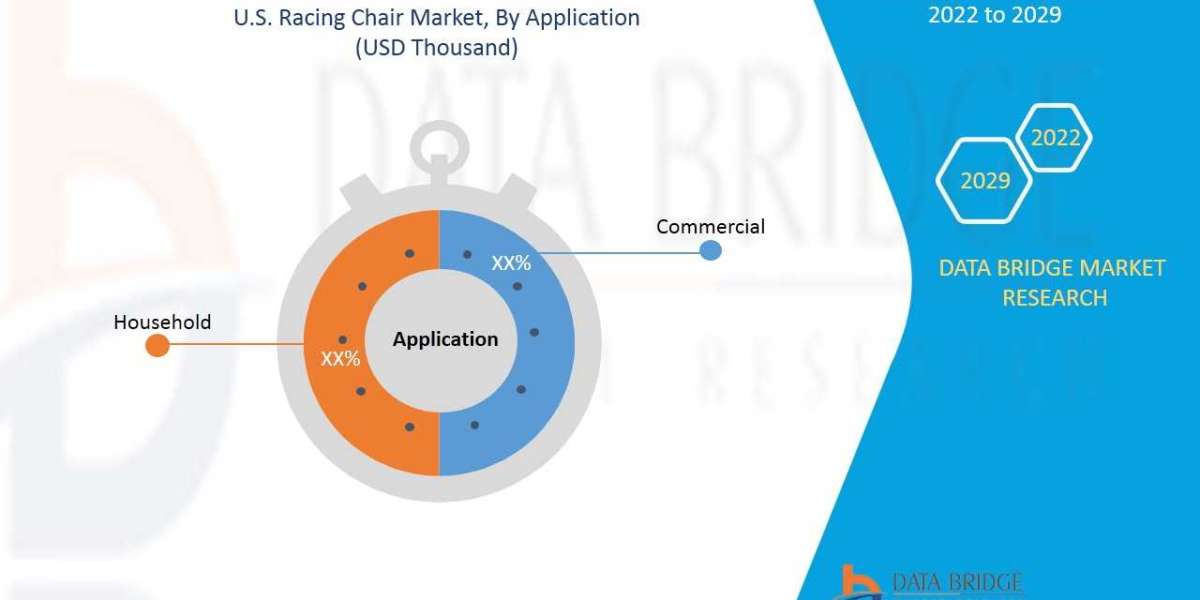Statista shows the global mobile app market revenue is expected to reach $ 755.50 billion by 2027. This data assures the app development industry that it is not going down at all in the future. As the market grows, the demand for trusted Android app development company is increasing.
The mobile app development world has plenty of tools and technologies including frameworks, libraries, SDKs, and IDEs. Here, we will discuss the performance and other characteristics of two of the major platforms.
Swift
Swift is an intuitive, high-level, and powerful programming language for iOS, macOS, tvOS, iPadOS, and watchOS. Swift allows developers to write concise and expressive syntax in a fun and interactive way.
Attributes of Swift:
- Modern
- Designed for safety
- Fast and powerful
- Great first language
- Open-source
- Package manager
- Objective-C interoperability
Flutter
Flutter is an open-source, easy-to-use, cross platform app development kit. It is used to design the UI of cross-platform applications functional over iOS, Android, Windows, Linux, macOS, or the Web. it has this major benefit over Swift that it can be used by iOS as well as Android app development companies.
The attribute of Flutter :
- Hot reload
- Cross-platform
- Widget library
- Native performance
- Open-source
- Access to Native Features
- Publicly Accessible
Comparing Swift vs Flutter to understand the better option for iOS mobile app development
Both Swift and Flutter have been in a significant time frame and position in the marketplace. Flutter reduces the timeframe for iOS application development services, on the other hand, swift needs more time investment in comparison. Now we have a general understanding of both of the frameworks along with their attributes.
Let’s dive deep into the detailed discussion of their different features:
Integration and Development
Swift and Flutter, both are convincing for Integration and Development as well. Flutter is loaded with multiple packages and plugins for interaction with the applications. One can also integrate third-party APIs like Google Maps and Facebook using Flutter. Swift offers Xcode IDE and many other featured tools for iOS application development.
Development Speed or Time to Market
Swift coined this programming language because of its fast processing and agility in compilation and other development terms. It is highly user-friendly and gives a low learning curve. This means the one that is willing to learn from scratch will not take an excessive amount of duration in learning. Swift also offers a diverse range of system frameworks and APIs.
Flutter-based Cross-Platform App Development allows developers to use a single codebase across different OS-based mobile application development. The hot reload function of Flutter shows the changes made side by side to save the compiling time. Flutter is comparatively slower as compared to Swift but it becomes faster after the initial clean builds.
App Size
As Swift is a native iOS application development framework, it builds efficient and small-sized mobile applications. The compiler in Swift helps to reduce and optimize the functionality and app size in synchronization with each other. A wide range of optimization options such as link-time optimization and whole-module are offered by Swift.
Flutter has compact runtime and helps out in building fast and small mobile apps with controlled budgets. A wide range of optimizations and tools like code spitting and tree sharing are helpful to reduce the size of the application.
Performance
Swift is advanced but it is useful only when you do not have any budget issues. In that case, you can go for Swift, particularly for iOS application development services. Being a react native app development framework it is efficient at building high-functionality applications at a faster pace. Swift can produce highly optimized codes. It offers a rich set of system APIs to boost app performance.
Cross-platform applications are functional across multiple operating systems offering great cost-efficiency. Flutter uses a layered architecture to minimize the impact of platform-specific APIs. Flutter offers smooth animations and transitions benefitting startups to engage users well.
Accessibility
An improved UX/UX represents the accessibility of the platform. While creating the iOS application, the first factor of the app’s success comes from accessibility. Swift has the accessibility feature by default in the UIKit framework
Flutter does not possess the inbuilt accessibility feature. Swift has an advantage over it in terms of accessibility.
Development Cost
Swift and Flutter are free and open source but Flutter is proven more economically budget friendly. Flutter offers an iOS and an Android app with a single codebase, whereas Swift is a native platform.
Businesses That Chose Flutter vs Swift
Swift has been adopted by leading giants like Uber, Lyft, Facebook, Airbnb, and LinkedIn. Companies like Google Ads, eBay, BMW app, Tencent, and Groupon use Flutter as their primary option.
Conclusion
Flutter and Swift are both excellent choices, both lack a few of the functionalities in comparison with each other. But on the other hand, one can choose each over the other based on the requirement. Flutter is cost-effective and gives highly functional applications to businesses with low budgets. While swift empowers iOS applications to work natively over Apple devices. Contact a renowned Custom mobile app development company like Appikr for better selection.
CopyRight- @ click here
For More-
iphone app development company , Tablet app development , wearable app development company , xamarin app development company



